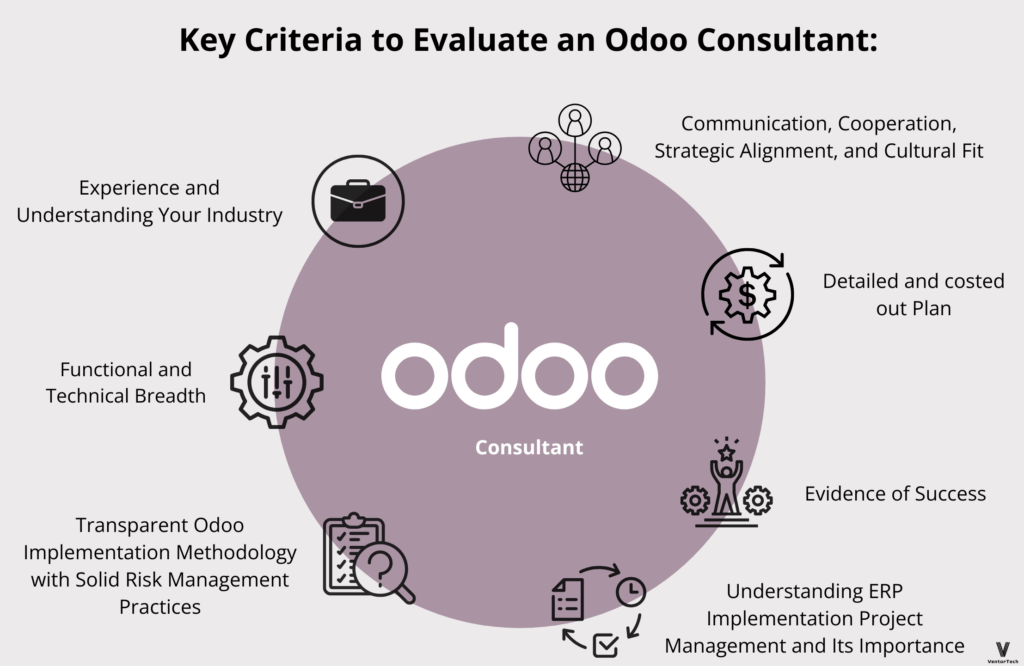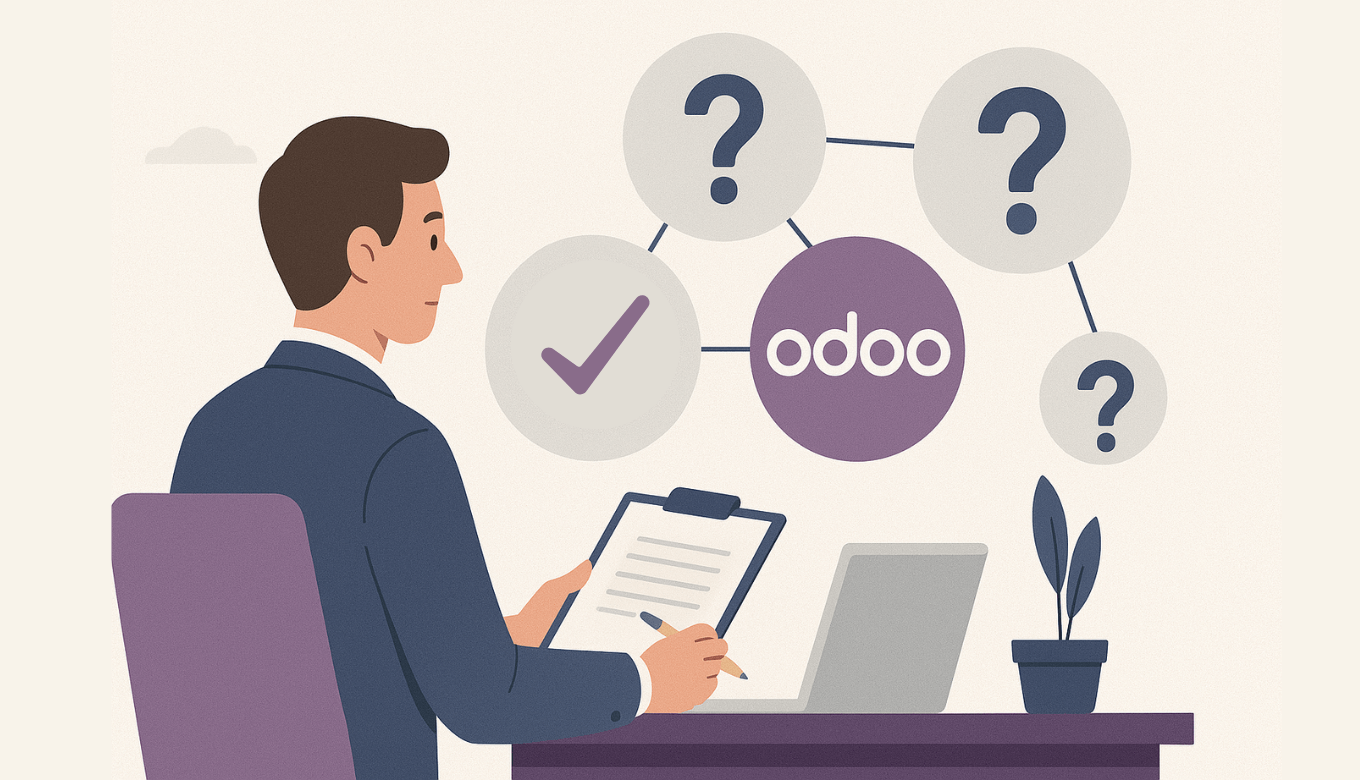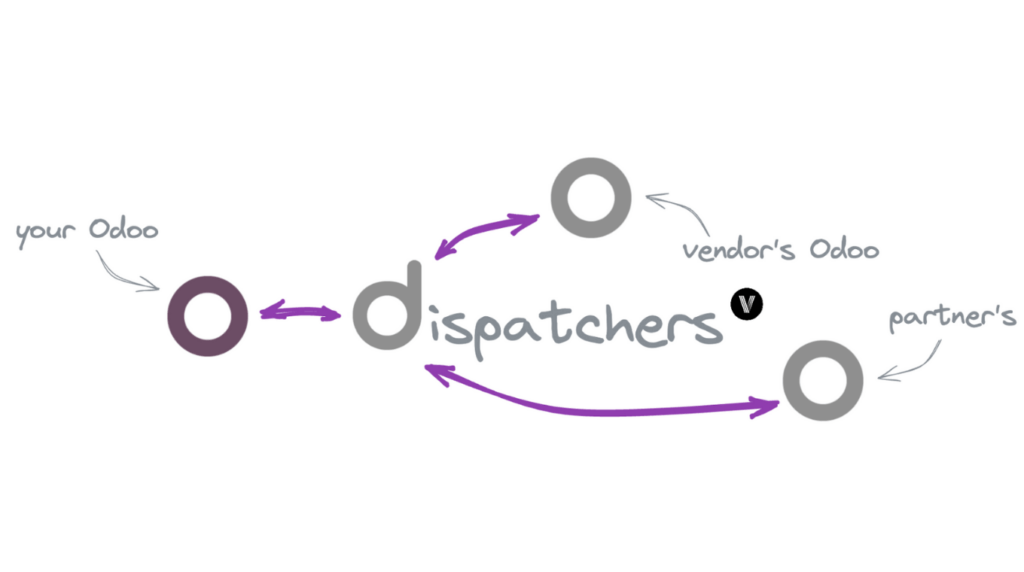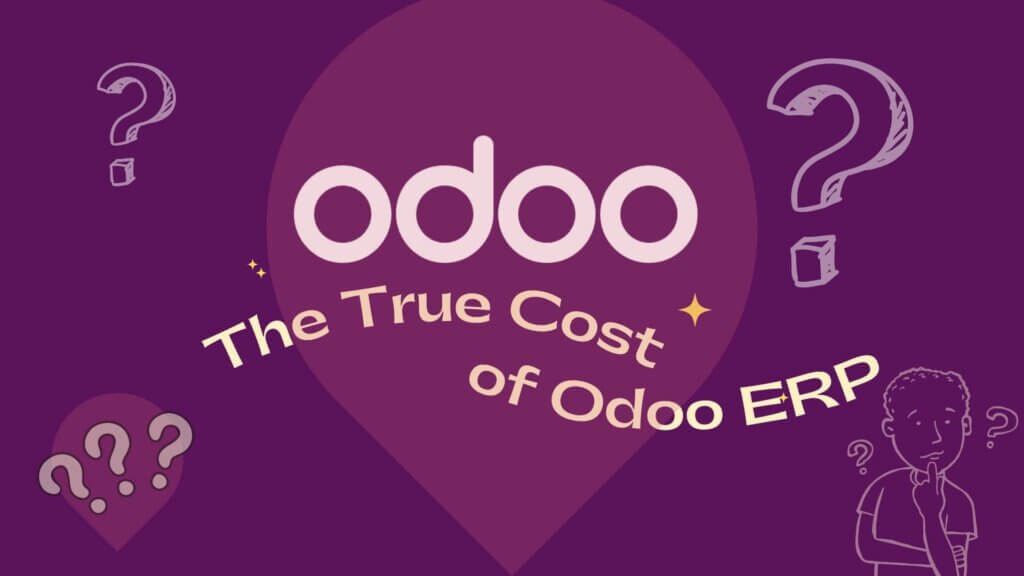Enterprise Resource Planning (ERP) systems are the operational backbone of many organizations. Implemented well, they integrate processes, improve visibility, and drive strategic value. Implemented poorly, they lead to organizational confusion, ballooning costs, and even legal disputes. More often than not, the difference isn’t the software—it’s the implementation partner and consultant.
An ERP is not a commodity software—it touches everything from finance to logistics to compliance. Implementation consultants must understand strategic alignment, change management, organizational culture, and stakeholder communications—not just software configuration. Too often, organizations defer to vendor recommendations or select partners based on geography or price, ignoring more important factors.
As referenced in this article, under the “Consulting” section, the implementation partner (aka “system integrator”) is engaged in a variety of activities, from technical installation to process re-engineering, involving functional, technical, and project management skills. The implementation partner’s ability to carry these tasks out well should be probed prior to securing the relationships contractually or, worse, to running into unexpected difficulties in the middle of the project.
This article outlines the key factors to consider when selecting the right consultant after an ERP application has already been chosen. We have been providing Odoo consultancy and configuration services since 2012; therefore, the following discussion will focus on Odoo ERP implementation.
Key Criteria to Evaluate an Odoo Consultant
1. Experience and Understanding Your Industry
When you find a consultant who seems to be a good match for what you need, don’t just ask if they have worked in your industry. Ask if they understand your operating model: Are you working with B2B or B2C? Discrete or process manufacturing? Highly regulated? Operating globally? These distinctions drive Odoo configurations, and if the consultant doesn’t grasp these concepts fully, they may recommend generic or even wrong solutions that miss critical details, causing inefficiencies or compliancy issues.
- If your potential partner struggles with providing references that closely match your industry segment and operating model, it’s a red flag—they might have not done any work in your field or did it poorly, which makes them hesitant about offering references.

2. Functional and Technical Breadth
A mature partner offers both Odoo Functional consultants who understand business processes, and Technical professionals who manage customizations, data migrations, and integrations. Both capacities should be present and well balanced, and the respective resources are not just vaguely promised as available, but assigned full-time.
Given what you want to achieve with your selection process, for both the ERP software and its implementation partner, it is advisable to include a couple of critical yet highly unique processes to have the considered partner demonstrate how they could be addressed by the incumbent ERP and, most importantly, gauge the potential partner’s response to the challenge.
- If the system integrator is bragging about how they will code any convoluted process for you, that’s a big red flag! While it might sound very “customer-oriented,” such an obsequious response really means that there is no engagement on any functional level and the goal of optimizing your business processes with minimum customizations has already been abandoned. A seasoned Odoo consultant will probe and challenge any obscure process before attempting to model it through ERP.
- If a partner fails to ask questions across all levels, it is also a signal of lacking that Functional expertise. A consultant who only understands “how to configure inventory” but not “how your inventory drives your company’s revenue, margin, and fulfillment” will miss the bigger picture.
- Outsourced technical execution should be a concern too. Ask about their resource pool and any outsourcing partnerships, and check on those too.
3. Evidence of Success
It goes without saying that you want your Odoo project to succeed. And while it’s not an easy task to define in concrete terms exactly what that success entails, your partner must be able to articulate what successful ERP rollout means to them and how they were able to achieve it for their clients within their previous Odoo implementations.
Vague case studies are insufficient. Ask for project outcomes linked to measurable benefits like “shortened financial close cycle from X days to Y days…”. This article is a good starting point for defining ERP success in your organization as well as setting the bar for your Odoo implementation partner’s response to your questions.
- “We delivered such and such Odoo project on time and on budget,” or “We integrated 100 interfaces,” are not success stories; most importantly, they signal that your prospective partner lacks the very understanding of what ERP success should look like, which is also a red flag.
Checking references can be a nominal “due diligence”—a consultant will never offer a bad reference, as nobody likes to show their dirty laundry. But qualifying the question of success can turn the reference checking routine into a real difference maker. Ask whether the consultant is willing to provide direct customer contacts, so you can speak with them personally. Hearing unfiltered feedback from actual clients often reveals far more than polished case studies or curated testimonials.
4. Understanding ERP Implementation Project Management and Its Importance
An Odoo implementation partner will commonly offer a project manager (full or part time, depending on the project scale) to ensure delivery discipline. This project manager fills an important role that must be carried out professionally, regardless of which entity (partner, your organization, or a 3rd party) makes it happen. A good Odoo implementation partner must have an appreciation of the role and should be asked about their approach to project management.
- “Bob is going to be our project manager. Who’s your project manager?”—that’s a big red flag indicating a complete misunderstanding of what you need done. What’s offered here is likely just a resource manager from the partner’s side who looks for a liaison on the client’s end, while obfuscating the need for actual project management discipline.
5. Transparent Odoo Implementation Methodology with Solid Risk Management Practices
Whether Agile, Waterfall, or hybrid, your partner should tailor their delivery model to the complexity of your project. Validate their approach by asking: “How are sprints or phases planned and reviewed?” or “How are changes managed, scoped, and priced?” and “What tools are used for collaboration and tracking?”
- While clear pricing is crucial to avoid misunderstandings later, rigid payment terms tied to calendar and resource utilization, as opposed to outcomes, signal about lacking in methodological approach.
When evaluating your potential implementation partner, you will want to look for signs showing that they cannot anticipate or mitigate risks like scope creep, data migration issues, or change management. Openly discuss how they’ve handled these in the past, and listen to their answers.
6. Detailed and costed out Plan
“The Devil is in the details,” and the Odoo consultant’s quote can speak volumes about how successful your partnership might turn out. While at this stage you cannot expect your own project to be fully costed out, ask for a sample quotation and plan from your potential partner’s previous implementations (altered only to protect confidentiality)—this guarantees more conversations.
- Cheap quotes with vague deliverables and incomprehensive scope lead to change orders, scope creep, and rework ultimately costing you more—watch out for these instances. A detailed scope, clear responsibilities, and milestones tied to outcomes is what you should be seeing.
- Promising end-to-end delivery “in 3 weeks” for complex setups without requirements gathering would set you up for failure. Look for partners who only provide realistic timelines based on discovery.
- No post-implementation support in the plan is another red flag. ERP success isn’t launch—it’s adoption. If a consultant’s plan ends at deployment without structured hypercare, documentation, and training, it’s a bad sign.
7. Communication, Cooperation, Strategic Alignment, and Cultural Fit
Odoo implementation might be a long-term engagement. The Odoo consultant will influence your internal culture and support change management while helping you to define processes and deliver training.
Is your company culture “competitive” (decisive, aggressive and results-oriented with long working hours); “traditional” (rules oriented, stable, and quality-focused); “innovative” (adaptable, informal, risk-taking, and unconstrained by rules); or “cooperative” (supportive, calm, team-oriented, and fair); or do you see your onsite work experience as something entirely different? Your Odoo consultant should either share or be capable of adapting to your company’s special cultural quirks, or there will be unavoidable resistance to change driven by incompatible attitudes. Getting everyone on board with your ERP process and implementation is critical to establishing a company-wide user engagement experience.
- Partners without a communication plan and stakeholder strategy invite misalignment, which is another red flag.
- Avoid consultants who impose their vision instead of understanding your company’s operations, climate, ambitions, and budgets.
Cultural fit with your potential implementation partner can be gauged from initial interactions and especially from inquiring about change management and conflict resolution approaches. For a clearer perspective on how a potential partner handles such situations, you can observe if they struggle to engage with stakeholders during meetings.
10 Must-Ask Questions for Odoo Implementation Consultants
Applicable for any ERP consultants
| Question | Why It Matters |
|---|---|
| What are your recent projects in our sector? | Assesses relevance |
| Do you have similarly sized and industry-matched client references? | Confirms delivery credibility |
| How do you manage project staffing and continuity? | Tests stability |
| What’s your change management and training plan? | Reveals user readiness focus |
| How do you handle integrations and legacy systems? | Measures technical depth |
| What’s your methodology for requirement gathering? | Assesses planning rigor |
| Do you offer post go-live support? | Indicates long-term accountability |
| Who owns the code/customizations? | Prevents vendor lock-in |
| How do you ensure executive and user engagement? | Evaluates stakeholder strategy |
| What happens if we’re off track mid-project? | Shows maturity in risk handling |
VentorTech as an Odoo Consultant
There are many one-person freelancers in the Odoo world who can still be leveraged for tactical (one application), low-risk deployments, where the risk of support depth is very low and the business is very small and simple. There are also niche boutiques specializing in narrow, industry-specific needs—yet those typically lack scalability.
VentorTech exemplifies how a full-cycle agency should approach ERP. Specializing exclusively in Odoo, their methodology begins with organizational audits, not code. From discovery to hypercare, their model includes:
- In-house Odoo certified teams across consulting, development, and quality assurance
- Transparent delivery with monthly-based reporting
- Post-launch support embedded in project plans (as confirmed in the SLA)
- A broad vertical reach with references across logistics, manufacturing, distribution, sales, and finance
Unlike rigid and often overstaffed global agencies—sitting at the opposite from the freelancers’ end of the spectrum—VentorTech is optimally positioned as an Odoo consultancy with the demonstrated ability of aligning implementation with operational needs and delivering strategic value with reduced disruption, clear expectations, and measurable process gains.
Transform Your Business with Expert Odoo Consultancy & Configuration by VentorTech
Conclusion
Selecting an Odoo consultant isn’t about buying a service or programmers’ hours. It’s about forming a strategic alliance that will shape how your organization operates for years. Use structured evaluation criteria, demand transparency, and ensure that your partner fits your specific business context and culture. The cost of getting it wrong is simply too high. Brand names and awards are not enough. An integrator that appears globally renowned can still fail catastrophically. What matters most is your partner’s ability to deliver your transformation.
Recommended articles:
- Total costs of ownership (TCO) for any ERP system
- What Is ERP ROI and Why Is It Important?
- Key Performance Indicators (KPIs) and their Role in Successful ERP Implementation
- How a US Repair Company Scaled Up After Migrating from a Legacy System to Odoo
- U.S. automotive company: 15X Growth with Odoo
----------------------------------------------------------------------
Education: MSc, MBA
----------------------------------------------------------------------
Experience:
Director, Research & AdvisoryDirector, Research & Advisory
Info-Tech Research Group
Global IT Director, CIOGlobal IT Director, CIO
Napoleon Group of Companies
----------------------------------------------------------------------
Will do any work for SpaceX for free






0 Comments